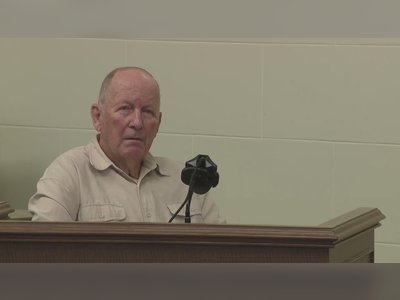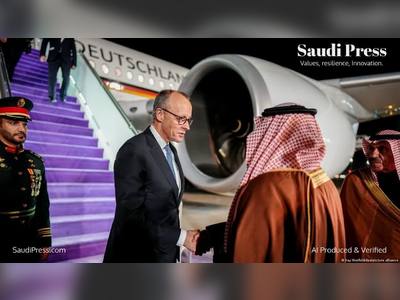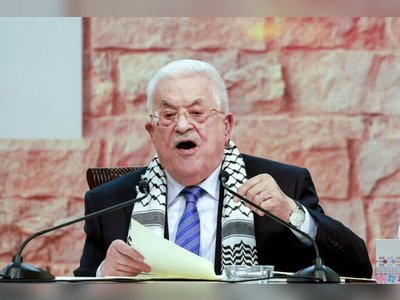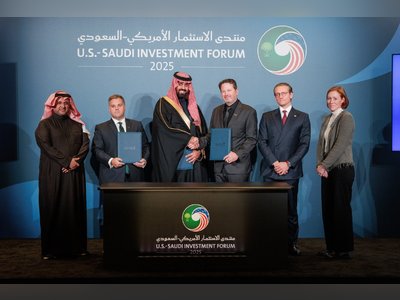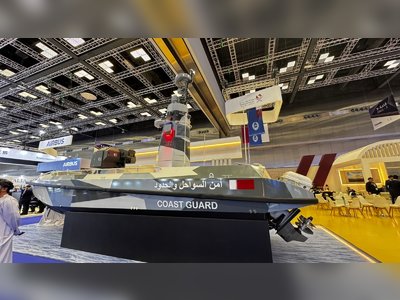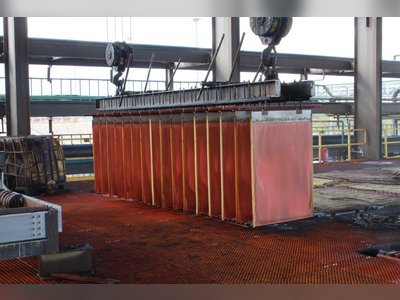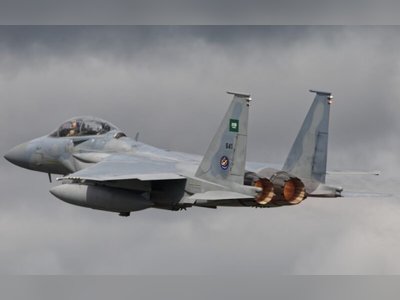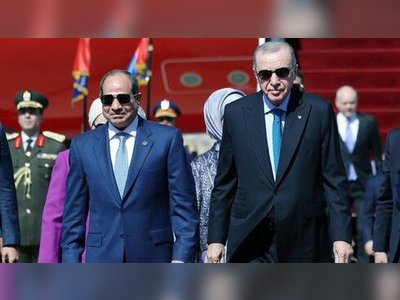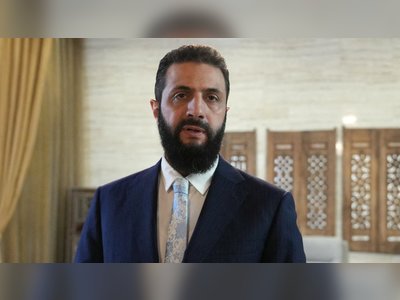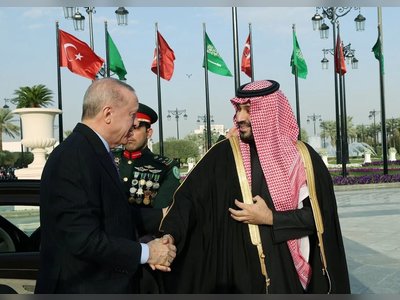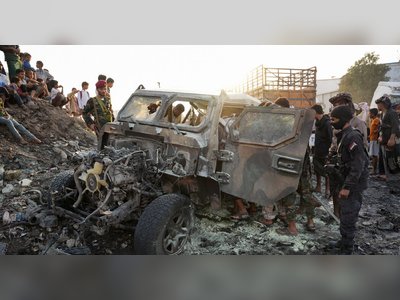US Senator Reveals Israel's Use of American Bomb in Hezbollah Leader's Death Amidst Regional Unrest and Humanitarian Efforts
Israel uses American-made bomb to kill Hezbollah leader, while Saudi Arabia offers monthly aid to Gaza amidst regional tensions.
In a startling revelation, US Senator Mark Kelly confirmed that Israel used an American-made Mark 84 series bomb to kill Hezbollah leader Sayyed Hassan Nasrallah in Beirut, sparking widespread attention. Meanwhile, the Israeli military has chosen to remain silent on the specifics of the weaponry used.
In related regional news, Yemen’s Houthi militia detained 428 people amid a crackdown on the 62nd anniversary of the country’s 1962 revolution, as reported by Rights Radar. These detentions, particularly high in Ibb and Sanaa, have elicited condemnation from rights groups urging international intervention to release detainees and uphold fundamental freedoms.
Shifting to efforts in regional humanitarian aid, Saudi Arabia has taken a strong stand by announcing a monthly financial grant for Gaza, designed to alleviate the dire conditions faced by Palestinians. This initiative underscores Saudi Arabia’s commitment to supporting Palestinian rights, envisioning an independent state with East Jerusalem as its capital.
On a somber note, two firefighters, Akram Jumaa Al-Johni and Abdullah Manahi Al-Subaie, tragically lost their lives fighting a massive blaze at Jeddah International Market. The extensive fire required almost 14 hours to quell, highlighting the devastating impact on the historic market but also the bravery of those who responded.
In more proactive news, Saudi Minister of Industry and Mineral Resources, Bandar Alkhorayef, actively promoted digital transformation and investment in the mining sector at MINExpo INTERNATIONAL 2024 in Las Vegas. Through key discussions with global mining leaders, Saudi Arabia's ambitious strategy for smart mining solutions and sectoral investments was laid out.
Finally, in an educational stride, Minister of Education Yousef Al-Benyan launched the “MicroX” initiative, introducing 350 digital programs aimed at developing new skills for Saudi Vision 2030. This innovative effort, bolstered by over 200 partnerships, aims to align workforce capabilities with market demands, enhancing both accessibility and educational flexibility.
In related regional news, Yemen’s Houthi militia detained 428 people amid a crackdown on the 62nd anniversary of the country’s 1962 revolution, as reported by Rights Radar. These detentions, particularly high in Ibb and Sanaa, have elicited condemnation from rights groups urging international intervention to release detainees and uphold fundamental freedoms.
Shifting to efforts in regional humanitarian aid, Saudi Arabia has taken a strong stand by announcing a monthly financial grant for Gaza, designed to alleviate the dire conditions faced by Palestinians. This initiative underscores Saudi Arabia’s commitment to supporting Palestinian rights, envisioning an independent state with East Jerusalem as its capital.
On a somber note, two firefighters, Akram Jumaa Al-Johni and Abdullah Manahi Al-Subaie, tragically lost their lives fighting a massive blaze at Jeddah International Market. The extensive fire required almost 14 hours to quell, highlighting the devastating impact on the historic market but also the bravery of those who responded.
In more proactive news, Saudi Minister of Industry and Mineral Resources, Bandar Alkhorayef, actively promoted digital transformation and investment in the mining sector at MINExpo INTERNATIONAL 2024 in Las Vegas. Through key discussions with global mining leaders, Saudi Arabia's ambitious strategy for smart mining solutions and sectoral investments was laid out.
Finally, in an educational stride, Minister of Education Yousef Al-Benyan launched the “MicroX” initiative, introducing 350 digital programs aimed at developing new skills for Saudi Vision 2030. This innovative effort, bolstered by over 200 partnerships, aims to align workforce capabilities with market demands, enhancing both accessibility and educational flexibility.
